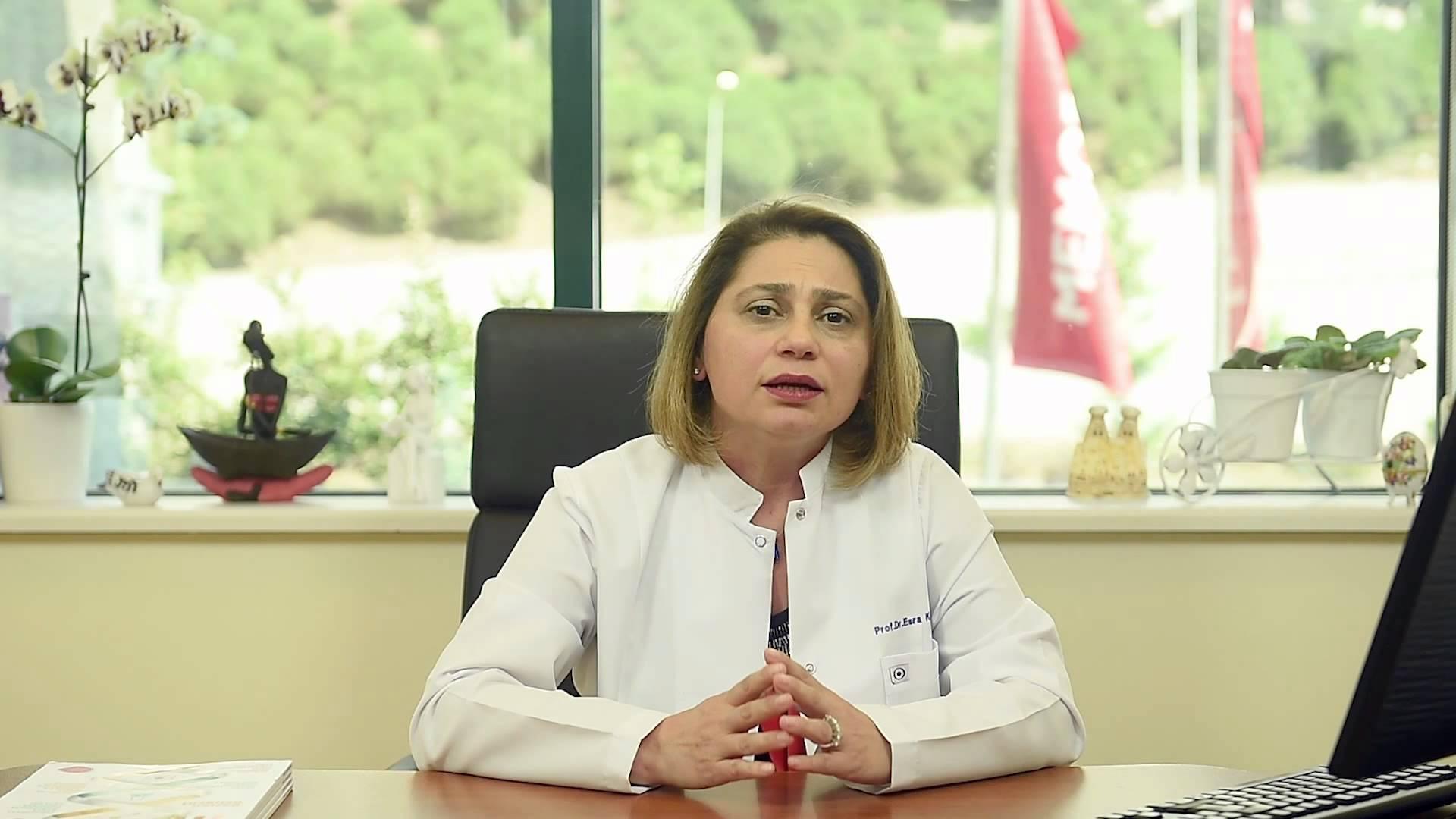Annual cost of cancer treatment in Turkey expected to triple by 2030: Association
ANKARA - Anadolu Agency

The annual cost of cancer treatment in Turkey, currently estimated at $3 billion per year, is expected to at least triple by 2030, Turkish Society for Radiation Oncology head Esra Kaytan Sağlam has said.
“Each year 148,000 people are diagnosed with cancer in Turkey and more than 90,000 die from cancer-related illnesses,” Sağlam told state-run Anadolu Agency on the occasion of Feb. 4 World Cancer Day.
Cancer is currently estimated to accounts for around 20 percent of overall mortality in Turkey.
Lung, prostate, colorectal, urinary bladder and stomach cancer are the most common types of cancer in males in Turkey, while the most common types among woman are breast, thyroid, cervical and lung cancer, according to Sağlam.
“Smoking-related cancer types are much higher in Turkey than they are in the West,” she also said, adding that due to a large number of patients diagnosed with lung cancer and the high cost associated with its treatment, lung cancer makes up the largest share of overall cancer treatment costs.
“The treatment of lung cancer becomes even more costly and the mortality rate for the disease is high because there are no proper screening programs in place for lung cancer. People tend to ignore problems such as coughing so the illness can only be diagnosed at a later terminal stage,” Sağlam said.
Throat cancer, tracheal cancer, and lung cancer are the top killers among men while breast cancer is the leading cause of cancer deaths in women, she noted.
Funds for cancer treatment
Turkey ranks sixth in Europe in terms of funds allocated for cancer treatment, following the U.K., Italy, Germany, France and Spain, Sağlam said. However, only 3 percent of overall health spending is earmarked for cancer treatment in Turkey, versus 6.6 percent in France, 6.4 percent in Italy, and 5.4 percent in the U.K.
Still, the cost of cancer treatment in Turkey is expected to triple by 2030, Sağlam said.
She said that it is estimated that around $100 billion must be invested in infrastructure and human resources by 2035 worldwide in order to make radiotherapy accessible for all cancer patients.
“Such an investment would yield economic benefits of $365 billion and save an estimated 27 million ‘life years’ around the world,” Sağlam said.
The Turkish Society for Radiation Oncology has recommended to the Health Ministry that treatment techniques requiring special equipment and experience - such as stereotactic radiosurgery, brachytherapy, and intraoperative radiotherapy - should be prioritized and the necessary infrastructure should be set up.
“Private hospitals currently have much better equipment than university hospitals and therefore attract patients. University hospitals in the country’s three largest cities should immediately upgrade their radiotherapy equipment,” Sağlam said.
Adnan Kısa, a researcher at the department of health management and health economics at the University of Oslo, said better cancer screening programs, the family practice system, the increased number of oncology experts and other health personnel, better coordination among state institutions, and measures taken to discourage smoking, have all have helped Turkey to make progress in the fight against cancer.
















